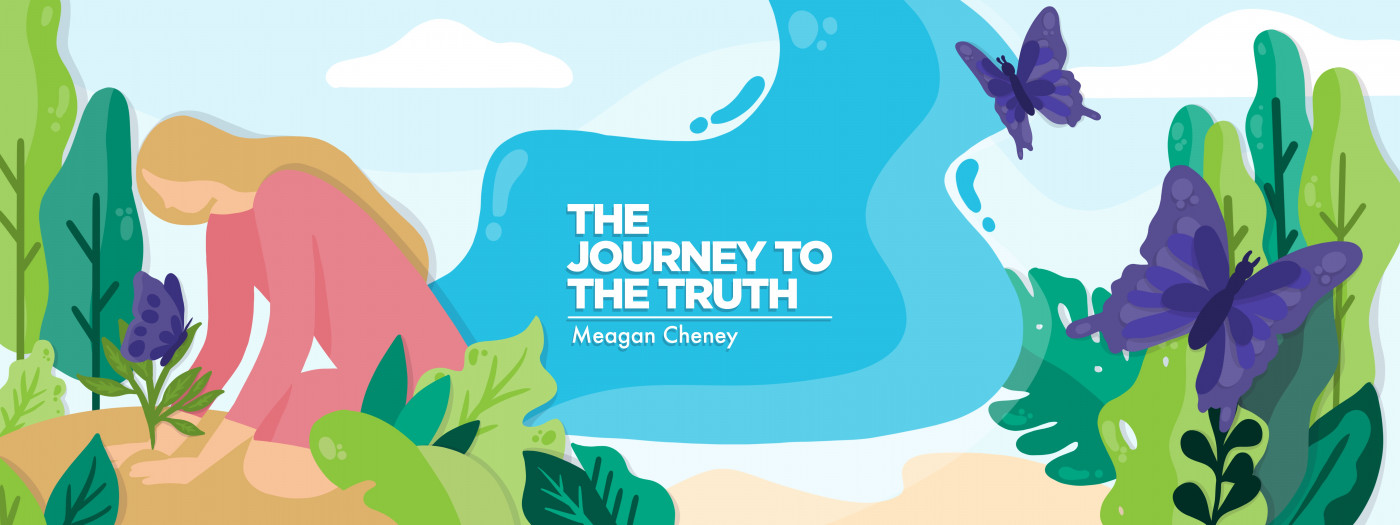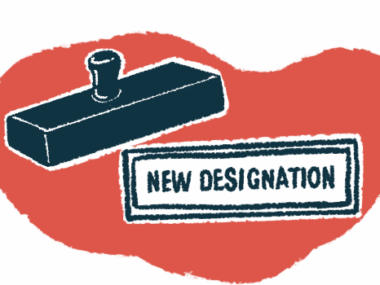Being a Dravet Syndrome Caregiver and Mom Requires Self-care, Too
Written by |

Later today, after writing this column, I will leave for a five-day vacation without my kids. My mom and dad will be taking care of my three children, including my youngest daughter, Austen, who has Dravet syndrome.
A year ago, I don’t think I would’ve had the nerve to do this, even though Austen’s seizures already had dramatically decreased, thanks in large part to treatment with Fintepla (fenfluramine). In the last year, she’s had so few seizures that I’m now ready to take the plunge.
My family says I need to do this for my sanity. I need to spend some time by myself and just be me, without worrying about being a mom all the time. It’s also important, as a caregiver, that I take time to focus on self-care. But it’s harder than it sounds.
For the last 15 years, my main identity has been a mother to my children. From the moment I found out I was pregnant in 2007, I knew it was what I was meant to do. My son came along in 2013, and then Austen 19 months later, in 2015. They were, and are, my world.
That doesn’t mean I’ve always thought only of them over the years, or that my identity has been fully wrapped up in them. I’ve taken a lot of time to grow and develop in areas I love and am passionate about, including writing. But when Austen started having seizures when she was 5 months old, my identity slowly started to slip from me.
I was told this might happen — that a special needs child requires so much work that we often put all our focus on them and lose ourselves in the process. In addition to giving Austen the care she needs, I have strived to make sure her siblings are getting the care they need, too.
With only 24 hours in a day, I was dedicating less and less time to myself. Of course, this is completely understandable when a child is seizing around the clock. And even when those seizures are spread out, I’d find myself waiting for the next one.
I’ll admit, this probably played a role in the breakdown of my marriage over the years. And it certainly took a toll on my mental health.
I’m grateful to my family, who saw this happening and did their best to address it with me when I moved back home to Texas. They have encouraged me to get out more and socialize with my friends instead of staying at home every day.
At first, I would call every hour to check in on Austen and her siblings, but slowly, I’ve been able to trust that no news is good news, and if something were wrong I’d get a call.
Note: Dravet Syndrome News is strictly a news and information website about the disease. It does not provide medical advice, diagnosis, or treatment. This content is not intended to be a substitute for professional medical advice, diagnosis, or treatment. Always seek the advice of your physician or other qualified health provider with any questions you may have regarding a medical condition. Never disregard professional medical advice or delay in seeking it because of something you have read on this website. The opinions expressed in this column are not those of Dravet Syndrome News or its parent company, Bionews, and are intended to spark discussion about issues pertaining to Dravet syndrome.







Leave a comment
Fill in the required fields to post. Your email address will not be published.